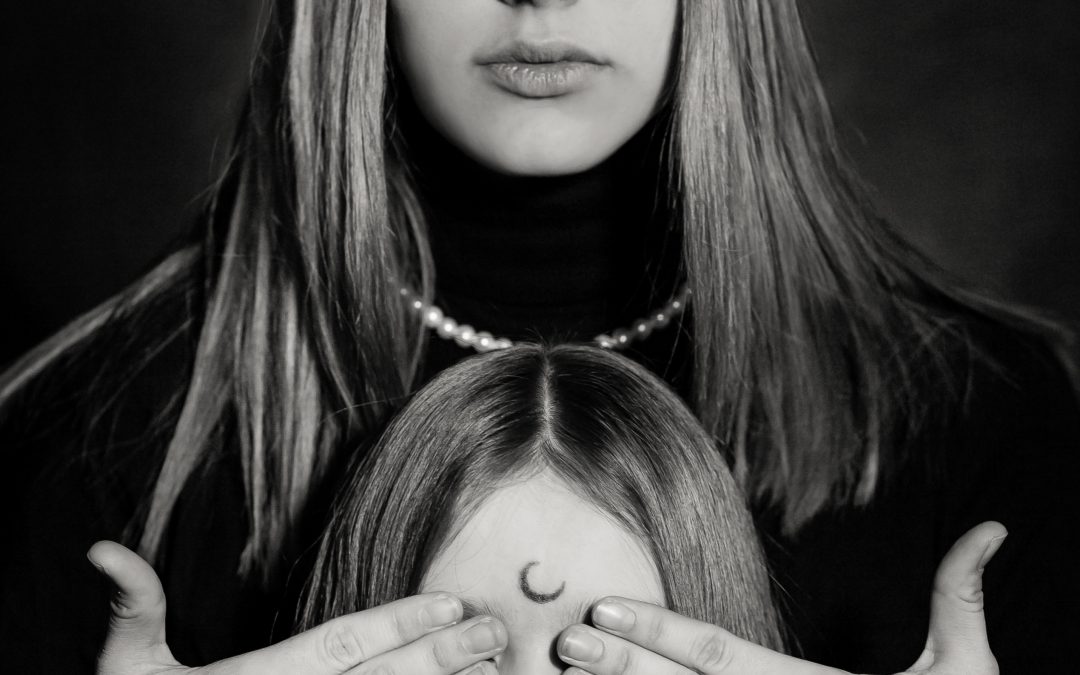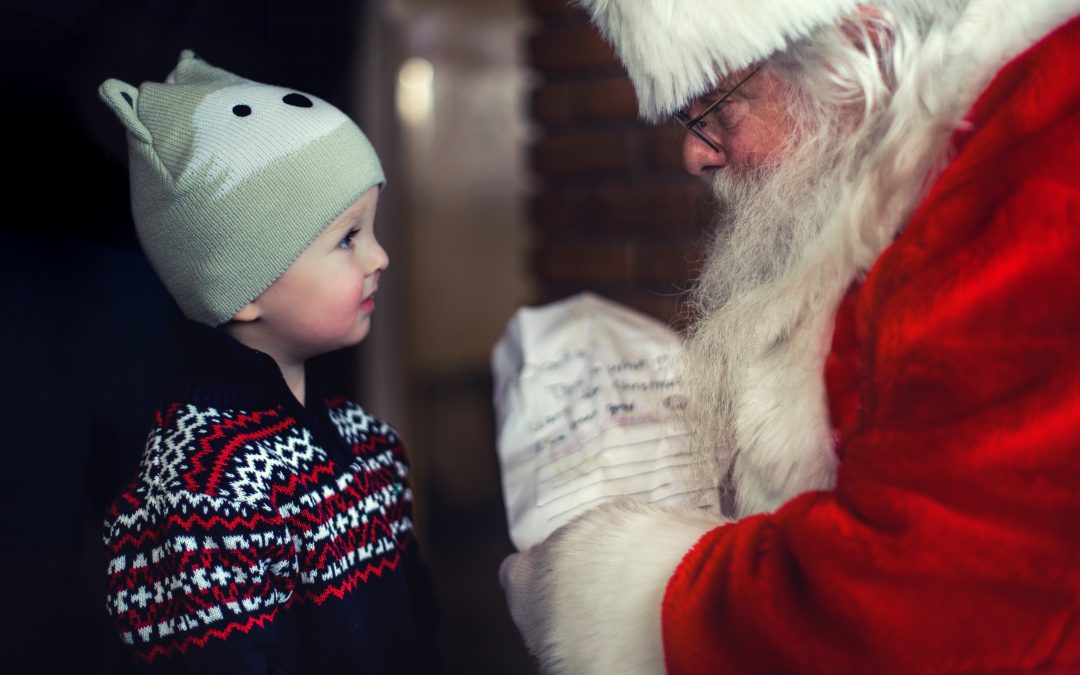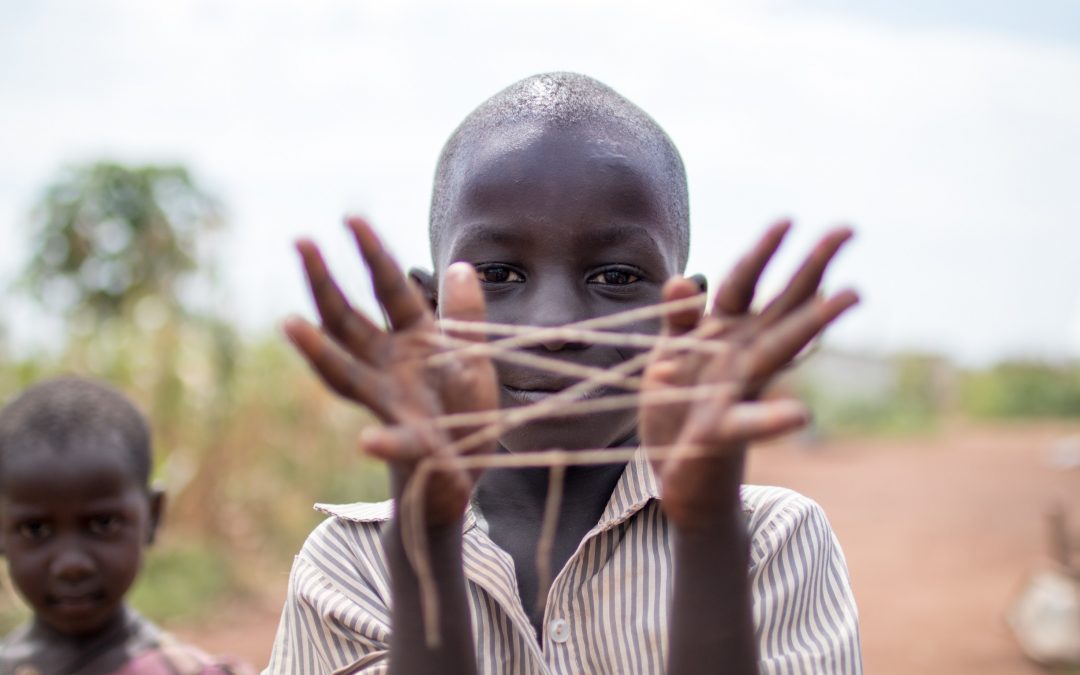
by Sandy Rao | Jan 21, 2019 | Adolescence, BLOG, Parenting, Parenting Teens, Teens
As parents and adults who care for pre/teen children, our view of children is that children are incomplete. In that, they are children now, and they will grow into a whole person one day. I propose that our children are whole and complete at all times, and it our inability to see them as such that causes the tension and conflict at home, school, and the world.
Play along with me. I want you to take a moment from your teenage years and think about a time when you knew what to do, and expressed it and felt denied, undercut or rejected by your parents. It could have been an idea for a trip, or preparing for a party at home or how to get the TV working again. Do you have it? Good!
Now take another moment to search, and truly get in touch with how you felt? What aspect of the parent-child relationship did this experience solidify for you? What was reiterated to you at that moment? What beliefs about being a teen or a young person did you take on? And today, at whatever age you are, how do you justify this belief as a parent? And what is the impact of this belief on your relationship with your child?
Let me share my own answers to these questions. The situation I used for this exercise was the following. My dad ran a consulting business in the granite industry. He had met with a large company and the potential for the contract to come through seemed promising. He had to call his contact at the company to confirm that he would take the deal. This event happened during a time when we had only landlines (remember those days?), and the phone lines were down in our area due to a storm the night before. My dad kept checking if the phone line was back, and it hadn’t come back on even in the afternoon.
My dad was complaining to my mom about the phone service when I stepped in and suggested that he can go to a public phone to make that call or even go over and meet the contact to confirm. My suggestion received severe reprimand because I had no business butting into big people business. What would I know, I am only a child.
At that moment I felt incompetent, and not good enough. What it solidified for me about my beliefs about relationships with my parents was that I don’t have a voice in this relationship, all I am allowed to do is listen and do as they say. What was reiterated at that moment was, I don’t know anything, and my parents are always right. The believes I took on about being a teen/young person is they don’t know much, and they masked around looking like they know it all. I have justified their reaction by thinking, yes they said what they said, but I turned out fine anyway.
However, the impact of this on my relationship with my parents was at best withholding, and at worst confrontational. The effects on my relationship with my daughter were, I tended to cut her off, and her age clouded my ability to accept what she is suggesting or sharing.
The ripple effect of these beliefs and patterns of relating with my parents the way I did would have been my daughter, and I have a similar relationship as my mom and I. Once I saw it, I had to transform it. I had to get clear in my mind and heart that my daughter is whole and complete, and she may know things I do not, or I can’t even imagine.
I also had to get clear, that I have been my daughter’s age and there was a particular experience of that age for me. And having experienced being a specific age is not sufficient knowledge to conclude that my daughter’s experience is the same as mine and what worked for me or the opposite of that will be the best for my daughter.
I had to get present to the fact that I grew up with a black and white TV and a landline. I got introduced to the internet in my late teens and early twenties when the internet itself was a baby. I haven’t a clue how it is to be a pre/teen with all the world’s information at my fingertips, and being able to see and talk to family and friends on the other side of the planet without worrying about what that costs. I had to get present to the fact that my baby may know more about many things than I do. And I had to ground all that in the statement – She is whole and complete at the age she is. She is always whole and complete.
Once I had done all that, my listening of her changed. I was more present to the possibility that she may know more, and there are times when she doesn’t know it all, and we have to work through things. But who doesn’t?
I hope you take this on and become a clearing for the listening of your pre/teens as a whole and complete people with knowledge and answers you may not have. I promise you; this will transform your relationship with them, and provide a space and a solid foundation for a fantastic relationship.

by Sandy Rao | May 23, 2018 | BLOG, Giving Back, Self, Self Potential
The other day I was shooting the breeze with a friend, and we got to the question, “why does the Universe not give us what we want?” Here are my thoughts on the topic.
The Universe will always give us what we need. We have what we need, and we think what we want is what we need. Our definition of needs changes as our needs gets met. The Universe is ever constant, and so is the definition of needs for the Universe. Now that the Universe is all powerful, we are provided with all that we need and the ability to want. It would indeed be rather dull experience if we didn’t have the ability to want; for us as well as the Universe.
If the Universe is trying to experience itself through us, then can you imagine how dull it would be if there were no drama, no excitement, no rush, no longing, no urges, no pain, for eternity? It would be like watching static on a TV screen. Forever! So the Universe figured, “I will give you all you need, and to entertain myself, I will give you the need to want as well.” If you were the Universe (which you are) would you not want to spice things up?
In some of the poorer countries in the world rate the higher on the happiness index. In these places, people are happy as long as the basic needs of water, food, shelter, and health are met. When the basics are barely met or met in part (in deprivation), there seems to be more gratitude and self-awareness. Self-awareness and gratitude are at the very center of happiness and bliss.
In parts of the world where everything is abundant, those are the places where people seem to be least happy. Wanting to be more prosperous, coveting a better/hotter/prettier/richer girlfriend/boyfriend/husband/wife, a better job, better house, better car. More! More! More! And believing somehow, not having these somehow makes us lesser people. And we are like rats on a wheel, going around in circles, trying to find joy, happiness, and bliss outside of ourselves.
It is in this drama that we create the Universe finds its entertainment. The Universe is laughing its @ss off at the silliness, and stupidity because it is so simple; all we have to do is get off the wheel. Instead, we stay in jobs we hate, live in relationships that don’t bring us joy and do things because others are doing it; generally creating dram, sometimes not very good ones at that. What we forget is that we are the others. And all we are supposed to be is Happy.
We live like we are immortal like there is no end to this life/state of being. We have forgotten that we are visitors to this place, and we should enjoy this place and the people. The only thing we have to do is enjoy this holiday, play and in the play create amazing things (like children do) that the next round of us will have even more fun, adding to all our experiences. For one day this holiday that is life will come to an end and when it does it will not matter if we were rich, married, single, good student, good worker, good looking or anything. The only thing that will matter is if we lived to our fullest potential for joy, love, happiness, creativity, and courage.
You are the Universe, and the story you are writing is your life, make it a happy one!

by Sandy Rao | May 8, 2018 | Adolescence, BLOG, Giving Back, Homeless
If you are like me and read a lot of news, then there is a lot to be sad about. Massive data breaches – Yahoo, Equifax, Facebook -, shootings at schools and work – Parkland Fl 2018, Google 2018, San Francisco UPS and many more -, Teen suicide, Traffic incidents, Workplace discrimination, Police violence – the list is endless. These incidences have come at us like a tsunami and seem so big, leaving us all feeling helpless and small.
Every day, I go through one of the seven stages of grief. For a while, I felt stuck between the steps of Denial and Depression. I had even resigned myself to live in a dark world, waiting for either the world to end or my life to end. It was the most dismal place one can find oneself, helpless, small and powerless to affect change.
But here is the thing, the light that one finds in the darkest places of one’s being has the power to illuminate the whole world. The light came, seemingly out of nowhere, in a statement I read somewhere online, “You are not sitting in traffic, you are traffic.” This statement for me was the realization that I like most of us, have taken no responsibility for everything that is going on in our families, workspaces, communities, societies and the world at large.
We have been living a life in which we do not take responsibility for anything; We have just let things happen. We have for far too long let situations dictate the trajectory of our lives. We have surrendered our power and held someone/something/some company/some institution/some government etc. accountable for our situations and our lives. We feel entirely justified in our reasoning and have good cause to blame, but we scarcely recognize that it in these reasons and blames that we surrender our power. This loss of power spans the entire spectrum of our being. In our personal lives (romantic interest, marriage, children, parents, friends, etc.) In our professional lives (career ambitions, types of careers we choose, how we relate to our peers and superiors, the projects we pick, the quality of our work, etc.). In our contributions to our communities, societies and the world (our commitment to the cause we care about, what we can imagine we can build and what we create). We limit ourselves in all aspects of our lives and being by not taking responsibility. Personal responsibility.
We surrender our power every time we make statements such as:
These are all statements I have made or thought. How about you?
- My marriage is not working, because my husband/wife is an a**hole
- My career is not working, because I have an incompetent boss
- My kids are not performing at school, because the teachers and the school don’t challenge my kids
- My commute is killing me because I am sitting in traffic for hours
- I have no control because Facebook, Equifax, Yahoo, etc. don’t look after my data
- The homeless problem in the city is out of control, why can’t the city do something?
- I can’t believe the people voted for Trump, and they are driving this country down
- Children these days are selfish and materialistic
- Climate change is real, but the government wants to do nothing about it
- I am not included in the lunch group, because they are mean people
- We did not make the sale numbers, because marketing/sales/product/operations sux at our company.
Do you see how this is stripping off your/our power?
I have been trying the following ways of saying, viewing and doing things, and it has left we accepting that I am not perfect and powerful at the same time. In this space here is how I approach some the above statements (still working on others), and they have left me powerful and in control of my experience of my world, people, and worker.
Claiming Your Power!
- My marriage is not working, because I cannot accept my husband/wife as he/she is
- My career is not going the way I would like it to, and I will work on figuring out how I can have a more significant impact
- My kids are not performing in school, and I need to spend more time helping them catch up
- My data online is my responsibility, and I will learn how I can protect myself
- Homelessness is a problem in my city, and I will work with the city to solve this problem
- Climate change is real, and I will do my part to protect my planet – I will not buy products that are not eco-friendly or produced in an eco-friendly way
- I will try to understand why people voted for Trump and try to do something about it
- Children these days may seem selfish and materialistic. But they learned from us, and we need to see what we can do different/better.
Once I took responsibility and started to act and do things from a space of personal responsibility for me and the world, I feel powerful. I am no longer the side effect of situations. I am now the cause in every matter pertaining to my life and my world. It has also left me being able to trust and ask for help when I need help, and more ready to help and support others.
Embrace responsibility, reclaim your power.
Post Blog Notes:
Every institution, organization, community, company, group, etc. are all made up of people. I dream of a world where every person holds him/herself responsible for his/her life and the world around.

by Sandy Rao | Apr 18, 2018 | Adolescence, BLOG, Parenting, Parenting Teens, Teens
Imagination powers creativity. Creativity powers reality, and the created reality fuels experience. Experience rebirths imagination and on and on we go.
If you agree with the statements above, you will notice the cyclical nature of how we humans create our realities. You may also consider the way imagination is rebirthed based on the experience or the interpretation of the experience as good or bad. I want to propose that we the adults in our communities, societies and the world have a responsibility to the younger generations and the generations yet to come, to help create a world of reality that is grounded in compassion, kindness, sharing, and responsibility.
If the little voice in your head went, “yes that would be nice, but that is a pipe dream.” This task may seem Herculean, and you may have given up even before you start. I encourage you to consider that our responsibility as adults is to create spaces (home, schools, sports teams, etc.) for our children to be creative in building their world. At the risk of sounding jaded, I believe that the possibility of a brave, responsible and compassionate world will be created by the young among us.
Pre-teens and early teens are the most creative and fairness minded times in the human being’s lifetime. You may have noticed this with your children as I see with my 10-year-old; her most significant concerns is about how things have to be fair. Her complaints always start with, “That is not fair.” She has come to me with challenges she is facing with her friends at school or her cousins. She has a sense of fairness, this idea of equality in play, in sharing, etc.
When she has come to me with her challenges, here is what I have done in the past:
• I have asked her to assert herself
• I have asked her to find new friends
• I have asked her to complain to an adult that is around
• I have asked even to stop talking to or playing with some of her friends
You see how all of these are rooted in the idea of, “Look after yourself. Others don’t matter.” In doing so, I imposed my way of being and in some way crushed her fairness and didn’t make a space for her to come up with a creative and fair way of dealing with the situation.
Realizing this, I tried a different approach with her and her friends when they disagreed about something a few weeks ago. Here is what I tried:
• I asked each of them if they liked each other? The answer was yes.
• I asked if they wanted to make and see each other happy? The answer was yes.
• I asked if what they were fighting about was important enough to put a rift between them? The answer was no.
• Then I asked them, to suggest how they could have dealt with the situation that would keep each of them satisfied by giving up something. The girls’ answers amazed me –
o One of them said we could have played a different game that would involve all equally.
o Another said we could have been better about taking turns
o My little girl said I could have found something to do till they finished playing. I don’t mind being on my own. I could have let them know I was waiting to play with them and they would have completed what they were doing, and we could have started a new game.
The core of the solution to this incident was each of their already available knowledge of respect, compassion, fairness, and responsibility to each other. We adults, with our insecurities of the world, sometimes blemish this knowledge.
All three of them went on to play as happy as clams.
Here are the lessons I got out of this incident:
1. I as an adult push my insecurities about people and the world on to my daughter.
2. My daughter and the other kids are perfect and complete as they are.
3. As an adult in their lives, my responsibility is to nurture their inner power and resources and not to impose my idea of how things are supposed to be. (That has not always worked out great for me. Why should I believe that is the best way to be?)
4. I am limited in understanding and suggesting ways to deal with situations in any other way than my limited view of the world.
5. I have the power to create a space for them to come up with ways to deal with it and trust that their imagination and creativity will carry them through.
I feel that dealing with one incident creatively, sets a template for these kids to deal with other events creatively as well. I as an adult have to stand for and commit to making space for them to be able to build on. It is in my power to let their imagination power their creativity, which in turn powers their reality towards positive experiences.

by Sandy Rao | Apr 9, 2018 | Adolescence, BLOG, Parenting, Parenting Teens, Teens
If you have a 10-year-old, you know that she is the one teaching you how to optimize your Instagram, she knows all the shortcuts in Youtube and she is a smartphone and social media guru in the house. She is willing and eager to show you how it is done, unlike our mid to late teens, who know more but aren’t inclined to teach you. I see it clearly in my pre-teen, her need for our approval and pride in herself. We may not always be able to see the awesomeness in all that she is in awe of and we try to understand.
It is a fine line between attempting to understand and to approve of all the things my 10-year-old daughter is doing online and on devices. There have been clear lines set regarding the use of tools and what she is allowed to use online. There are obvious consequences as well. Even with all the rules, we had been butting heads about her obsession with YouTube. She would find sneaky ways to get a device and get online to YouTube.
The head-butting was getting to me, I was feeling like a bad parent, and my lovely daughter seemed unreachable. For the first time, I felt like my baby was drifting from me and it looked like there was nothing I could do. I am sure a lot of you know this feeling, it is not a punch in the gut, it is cancer that clouds nearly all our interactions with our children from the first moment we experience this feeling.
I had to remind myself of few things to ensure that precious relationship with my lovely would remain intact and gets stronger.
- She is a whole person, and she has her will and her choice. As a Mother, I need to unconditionally accept.
- Unconditional acceptance is not equal to Unconditional approval.
- How I experience a feeling and how I let that feeling influence my actions is in my control.
- In this particular example, I had to introspect about what it was about YouTube that really bothered me? Passive consumption was the answer I got.
I needed to get clear on how I can let her do her thing, yet be more critical and active in her viewing of these videos. The goal was to come up with a solution that would be agreeable to both of us without reservations.
Once I got all that clear in my head, I came up with an idea to pivot the passive watching into active critical watching and discussed it with my daughter. Here are the things we agreed to:
She could watch all the videos she wants, as long as she would make a note of the following characteristics of the videos:
- The main content and topic of the video
- What did she like about the video and why?
- What did she not like about the video and why?
- Ideas on how it could be done better.
- At the end of the week, she would have to write a blog about it.
She would get to watch the videos only if she blogged about the videos she had watched. If she missed blogging, she committed to not watching.
You can find her blog here. Among her musings about the imaginary world she has created, you will notice that she has blogged about two youtube videos. Something seemed to click in her about the importance of active watching, and her YouTube time has dried up considerably. This morning, she picked up her device and started reading a book instead!
I will take this small win, especially since it comes with the side of a strong relationship with my daughter.





